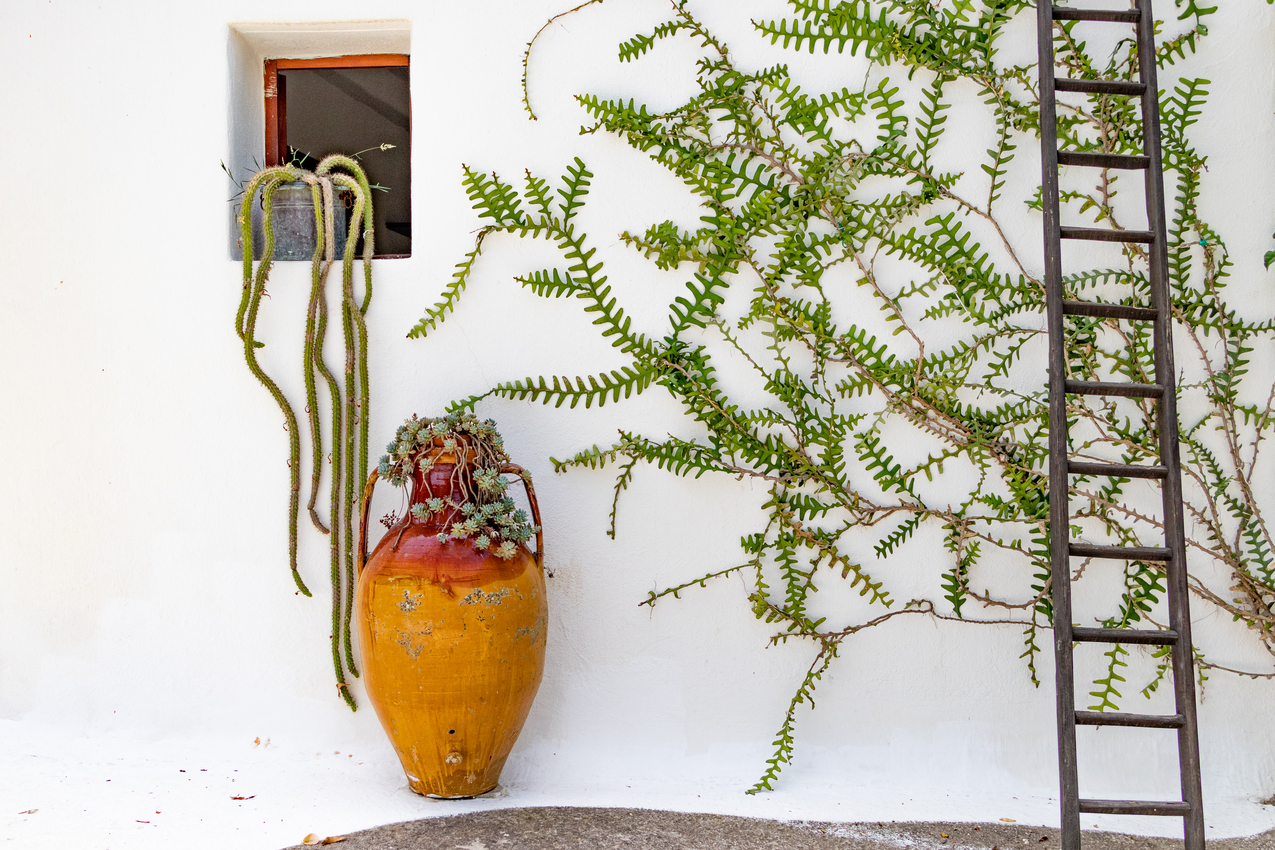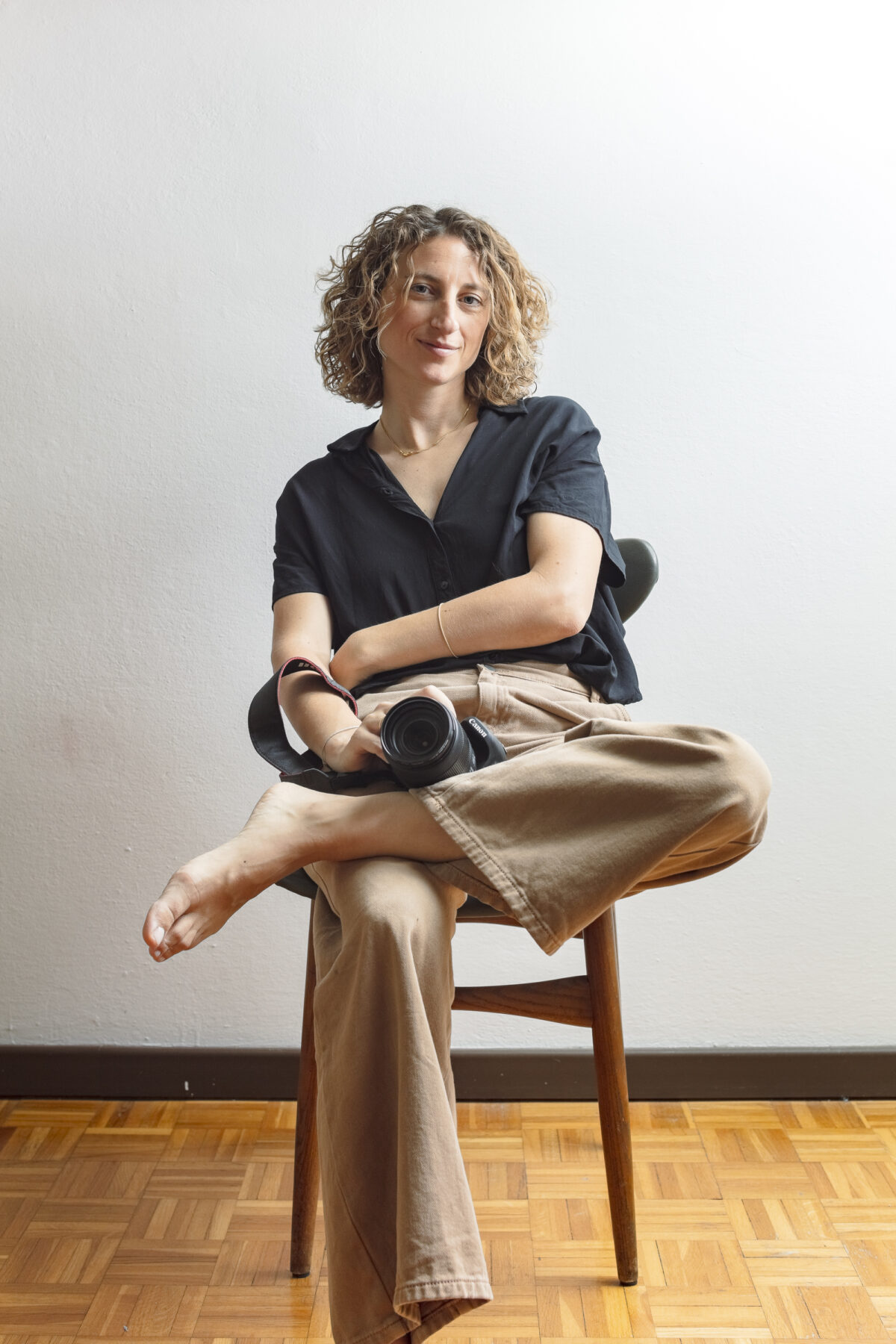The photographic journey by architecture and urban studies researcher and photographer Corinna Del Bianco continues through the islands of the Mediterranean. The Archipelago project encompasses a selection of Greek islands, including the Sporades and the Dodecanese, and Italian islands, from the Tuscan and Campanian archipelagos to the islands of Sicily.
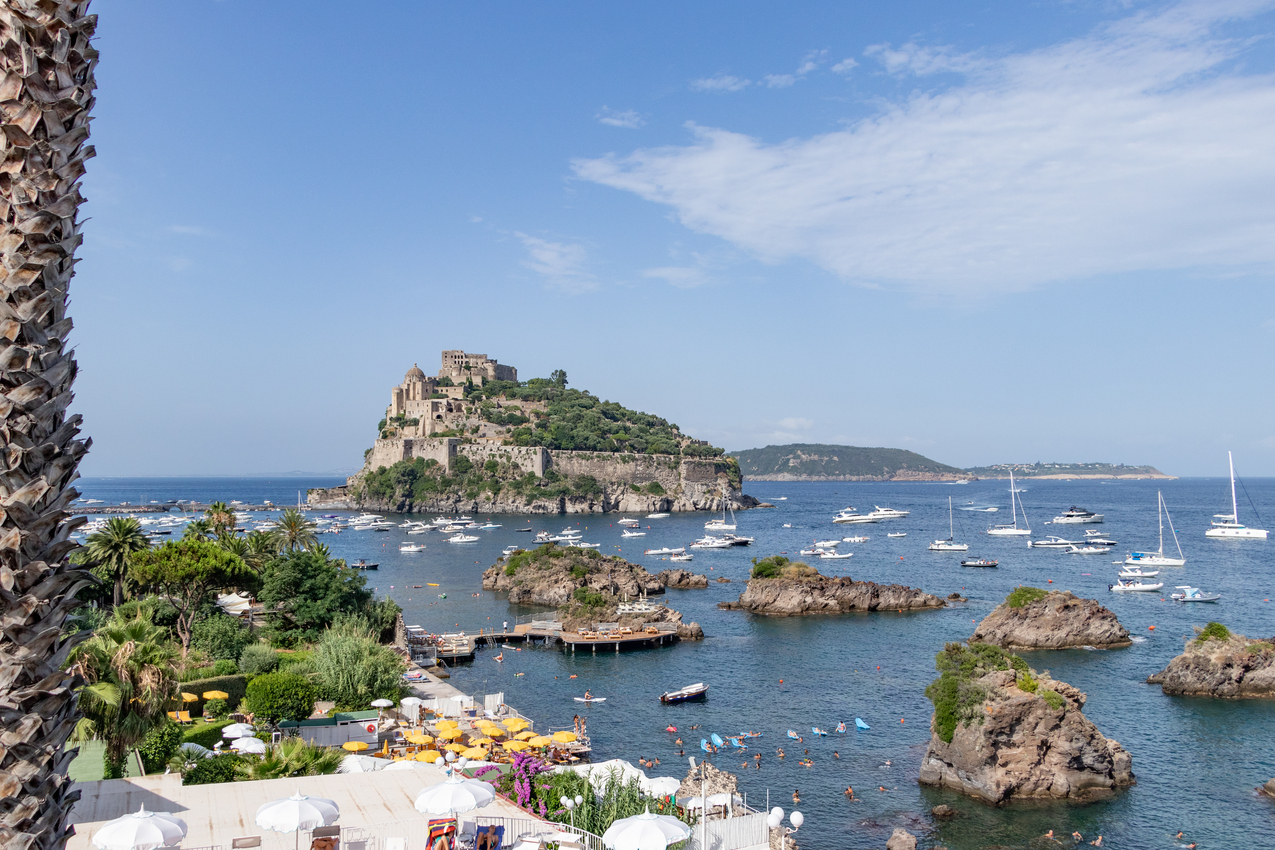
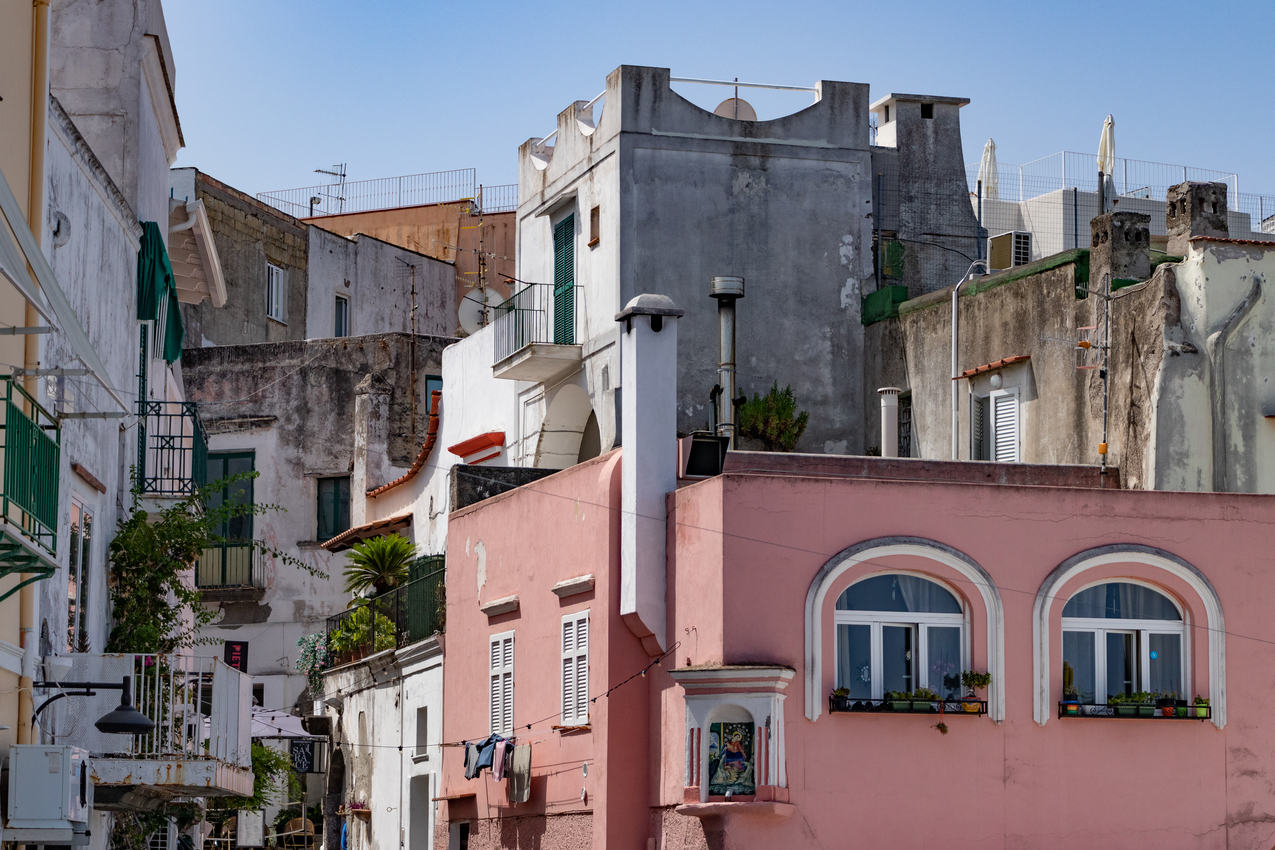
Born in 2018, Archipelago is a long-term research project that documents the diversity of the Mediterranean islands, focusing on its archipelagos and particularly on their inhabited islands.
The recurring theme in the photographer’s studies of how different cultural identities generate specific ways of life blends with her travels through cultural and landscape heritage.



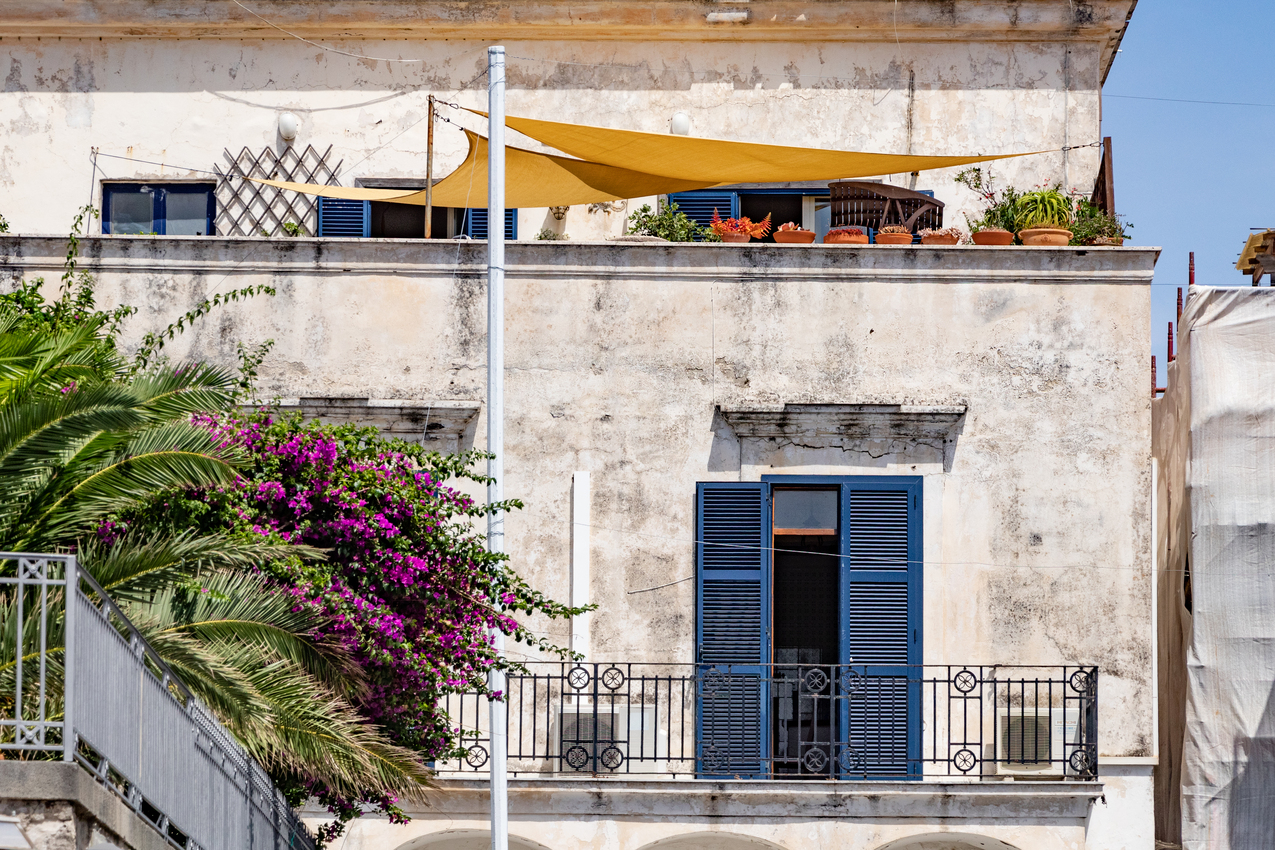
Since 2021, the project has been exhibited with various materials, including 50 photographs, two videos, an introductory volume in Italian, English, and German, texts, and maps, at various Italian Cultural Institute venues, including Hamburg (2021), Montreal (2022), Cologne (2023), Krakow (2024), and Warsaw (September 2024).
The Mediterranean is an inland sea cradling some of the planet’s oldest civilizations. On its islands, life is an encounter between sea and land, generating different cultures that respond to specific social, economic, and cultural needs.
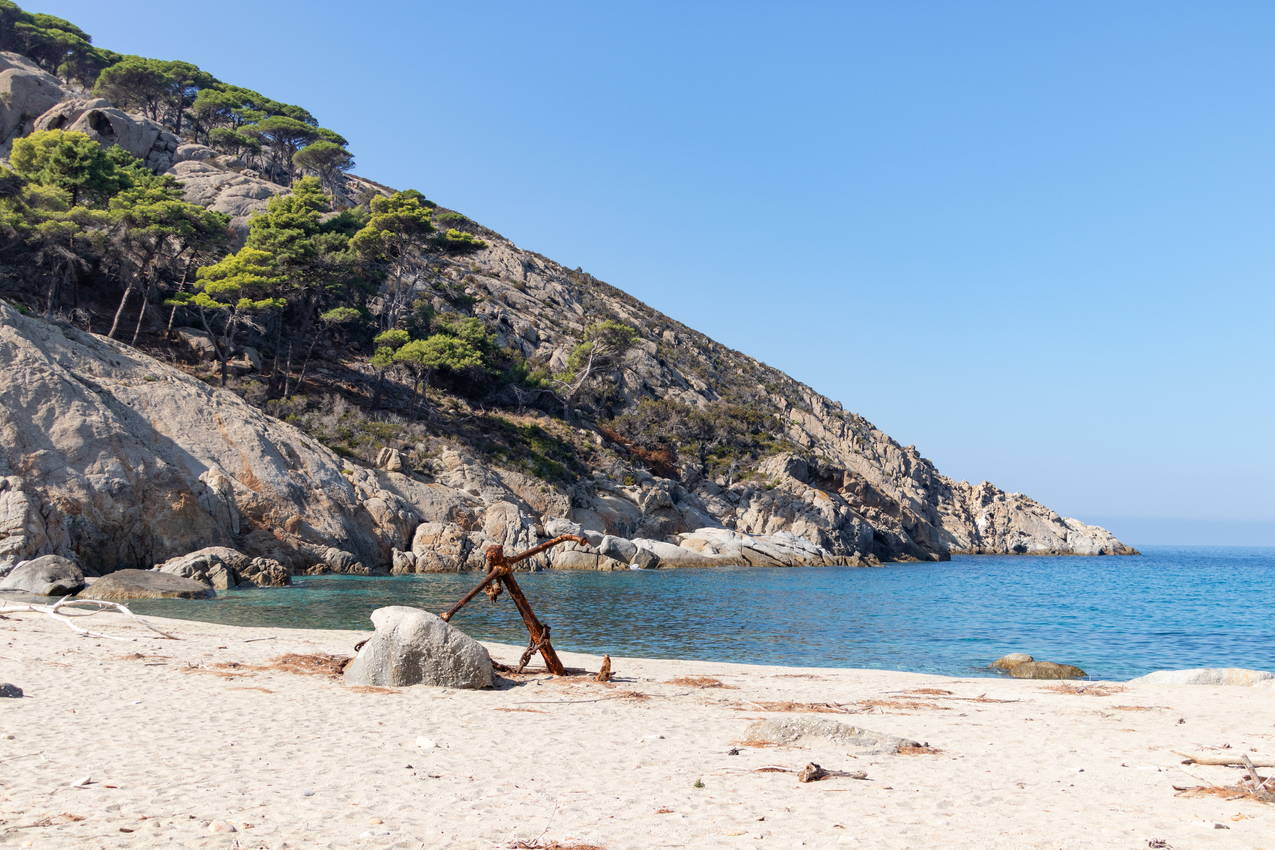
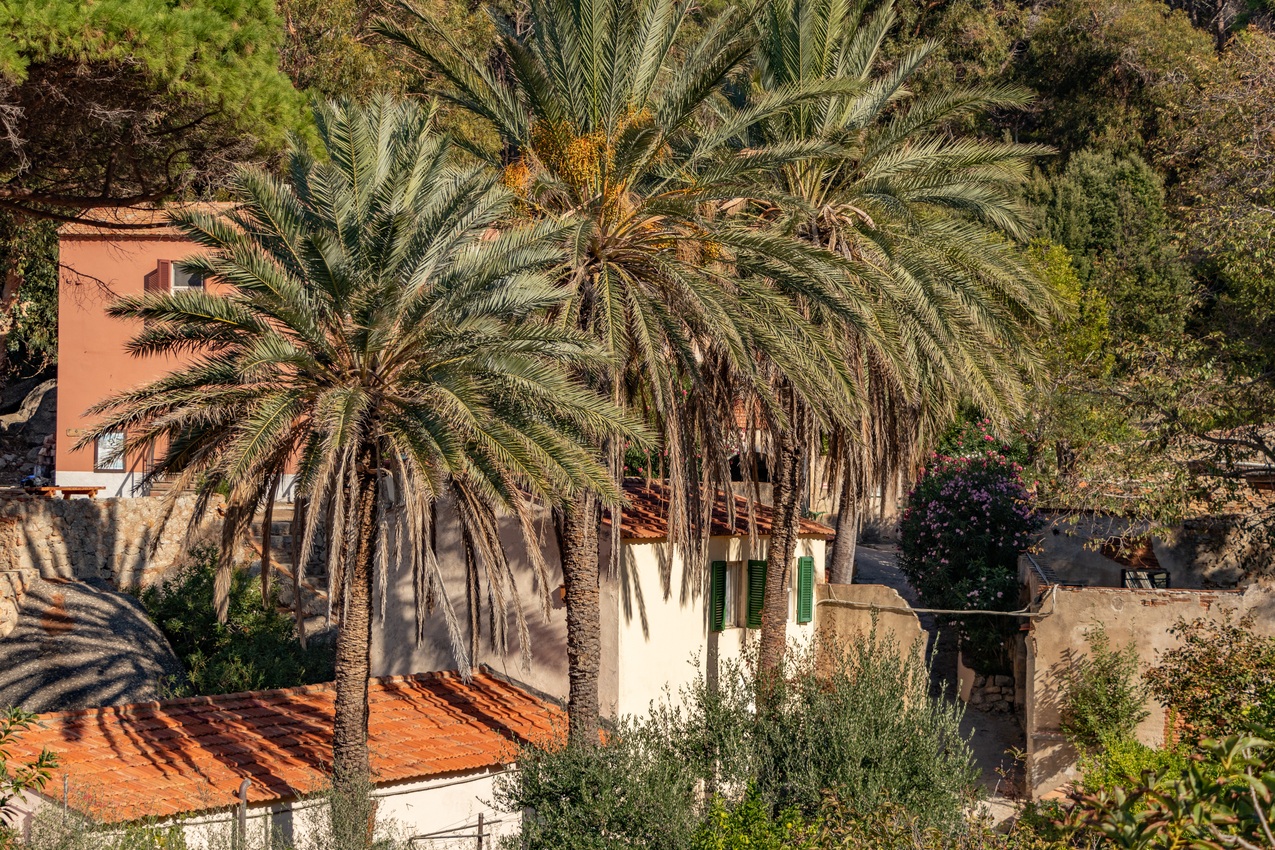
However, today, the economy of these islands is primarily based on seasonal coastal tourism, flattening traditions and landscape diversity.
Throughout history, the islands of the Mediterranean Sea have generated unique responses to architectural, social, economic, and cultural needs. Among the most significant Italian examples are Ischia, famous for its thermal springs heralded since ancient times by the Greeks and Romans; Pantelleria, renowned for its “heroic agriculture”; Gorgona, an exceptional prison facility; Montecristo, an Integral Nature Reserve and home to a Royal Villa; and Giannutri, sparsely inhabited by those who have chosen it and home to a luxurious Roman Villa.
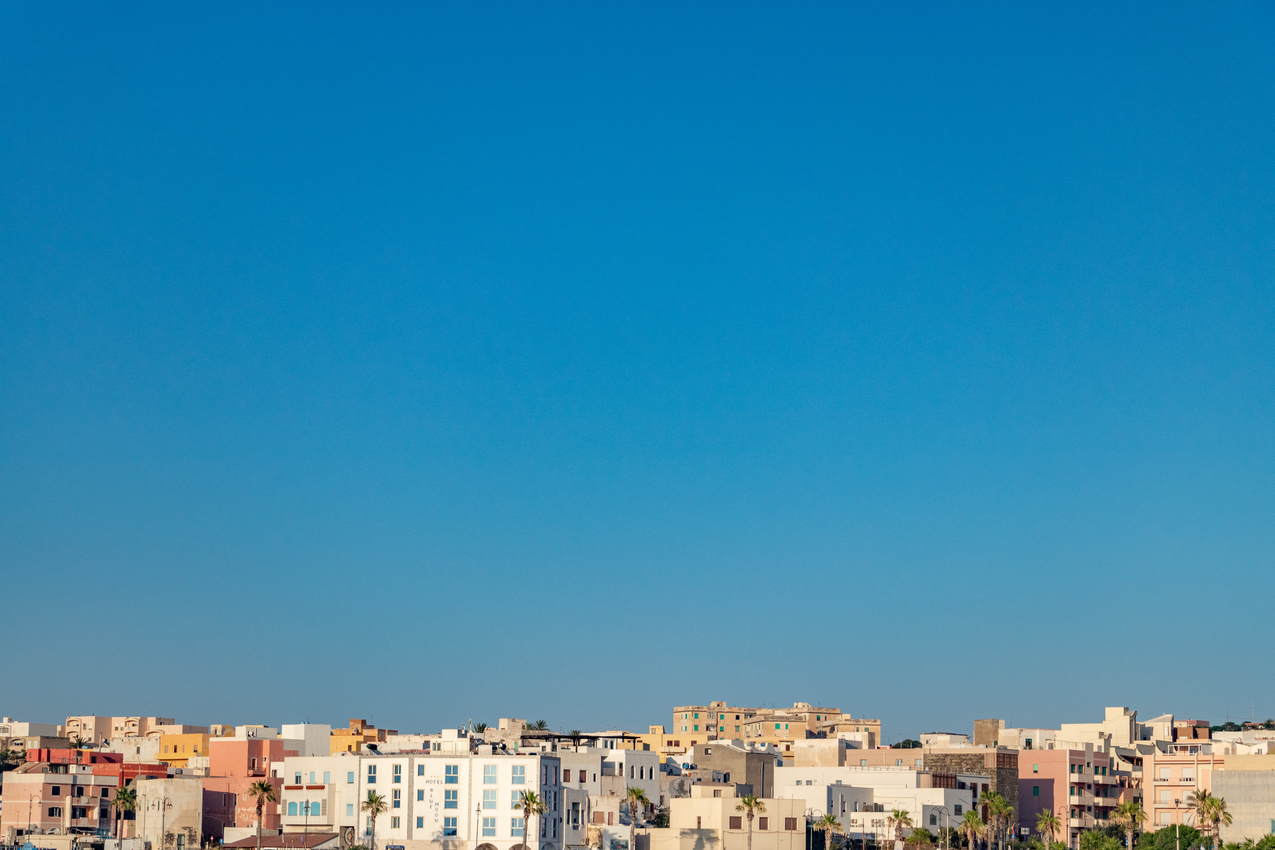
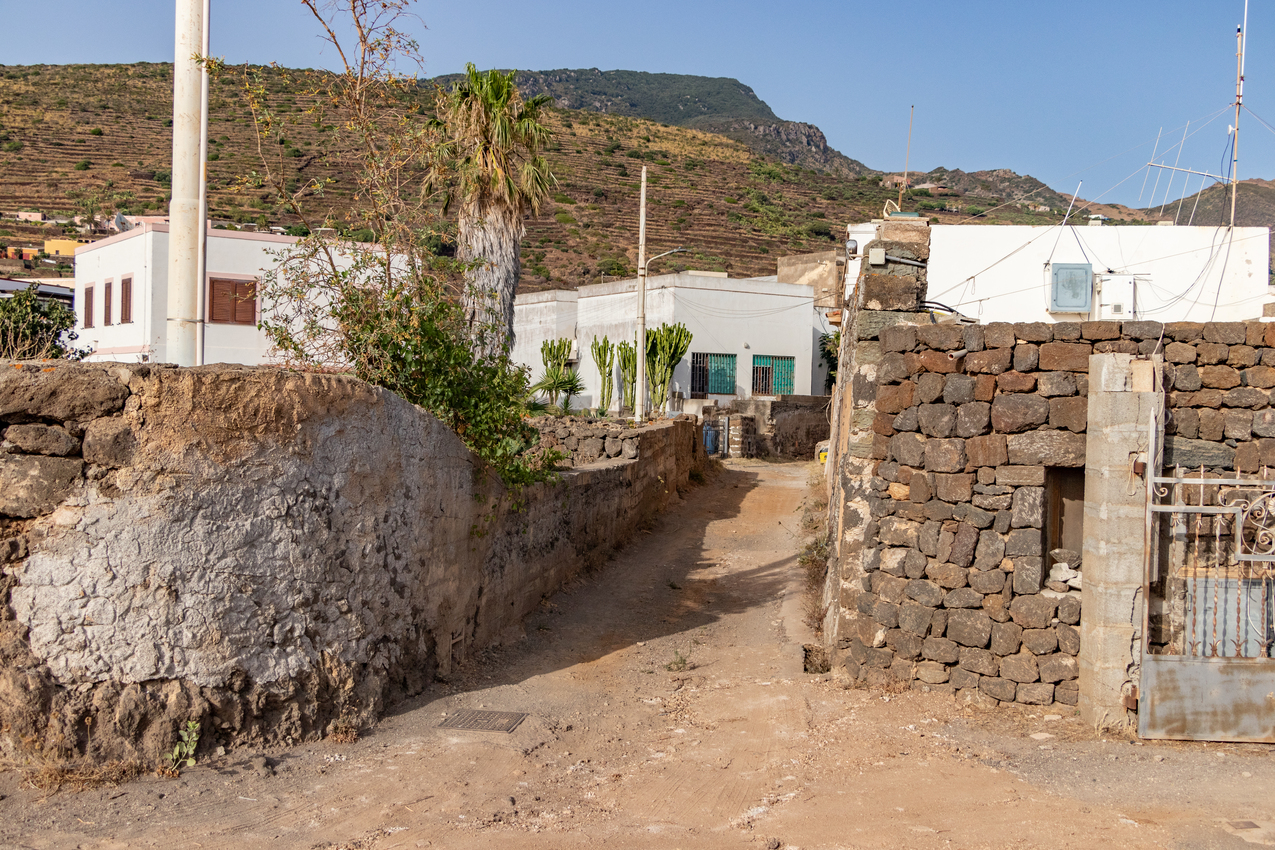
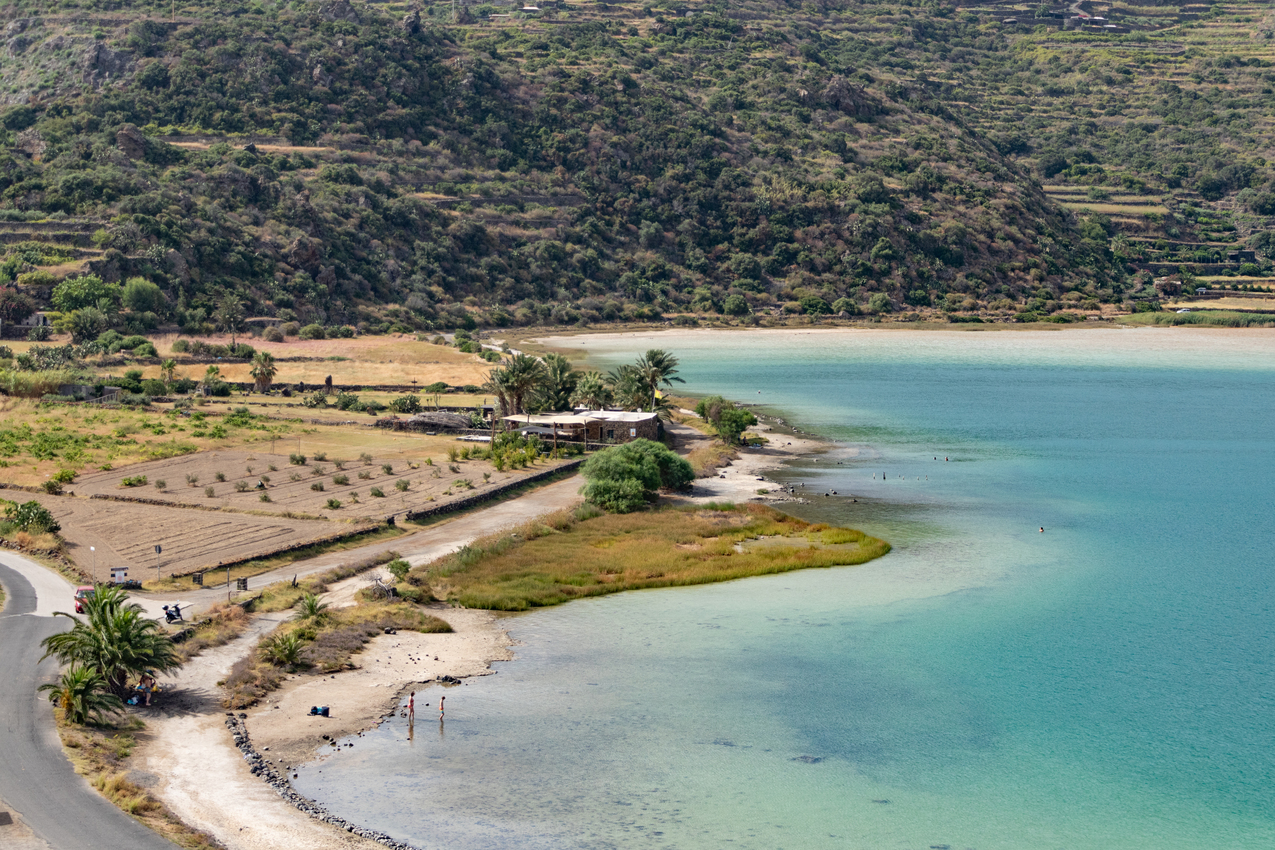
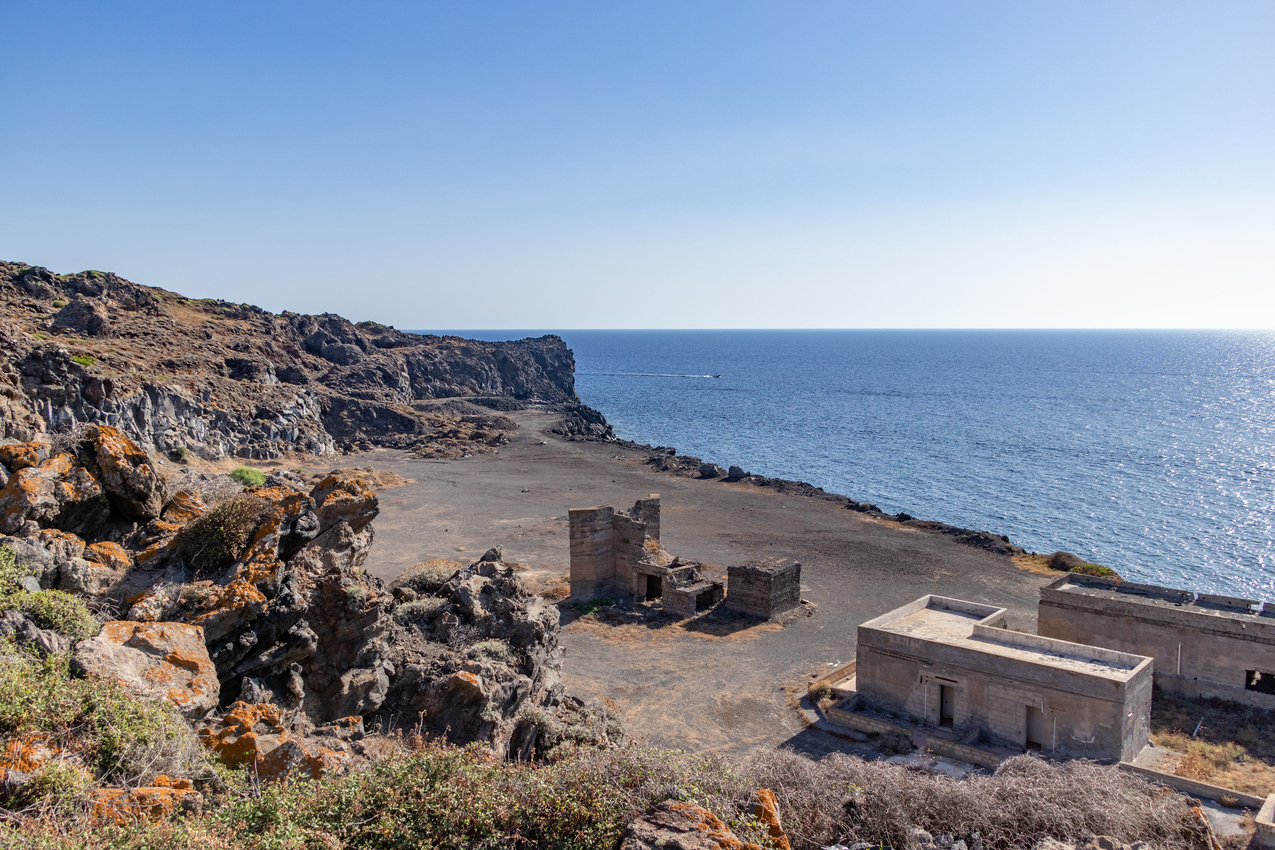
Nowadays, the diversity of individual islands tends to be remembered for its landscape or clear waters to which thousands flock and immerse themselves seasonally. Archipelago was created to tell, document, and promote the cultural identity of the islands and archipelagos of Italy and the Mediterranean among both visitors and residents.
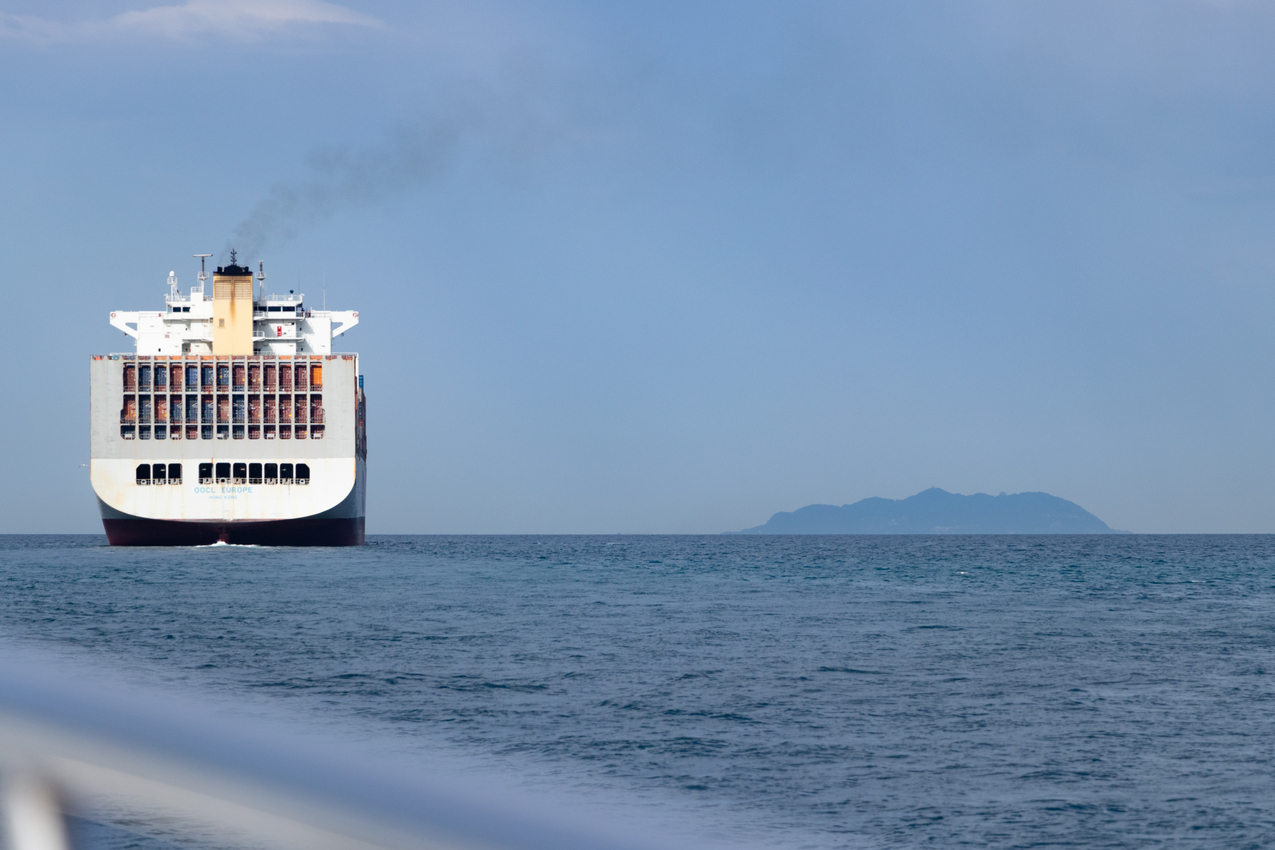
In the summer of 2024, the project will turn its attention to Greece, a country with over 6,000 islands, 227 of which are inhabited, showcasing a rich tapestry of history, art, and culture.
Due to the kaleidoscopic nature of the Greek islands, it was essential to collaborate with local academics and cultural experts to ensure a comprehensive exploration. As a result, partnerships have been established with the University of Patras and the Byzantine and Christian Museum of Athens, which will support the research and host the concluding exhibition.
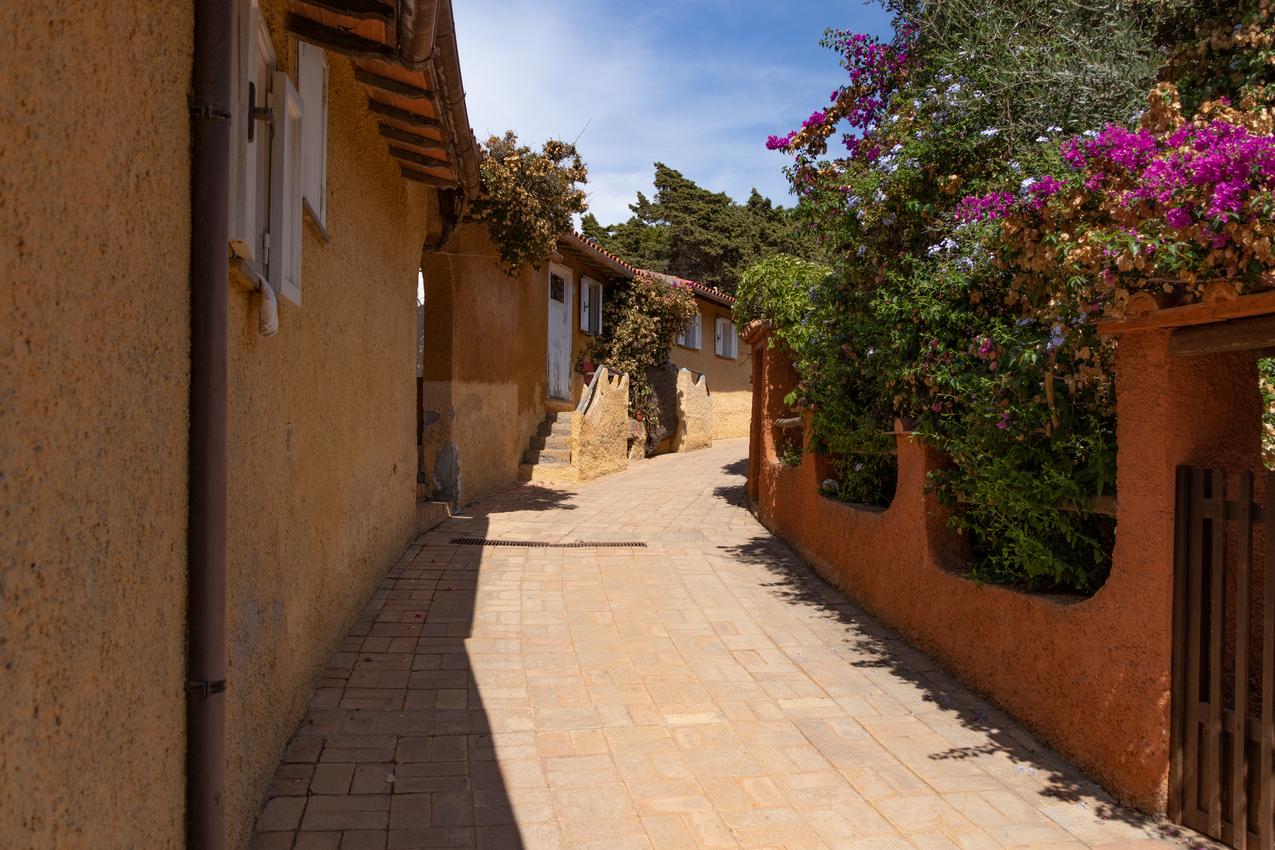
To date, the research encompasses: Tuscan Archipelago (Capraia, Elba, Montecristo, Gorgona, Giglio), Maddalena Archipelago (Maddalena), Pontine Archipelago (Ponza, Palmarola), Campanian Archipelago (Ischia), Aeolian Islands (Stromboli), Egadi Islands (Favignana), Pantelleria Island, Pelagie Islands (Lampedusa, Linosa), Maltese Islands (Malta, Gozo), Kornati Islands (Kornat, Zut, Dugi Otok), Cyclades Archipelago (Milos, Sifnos, Serifos).
The Archipelago project also contributes to the 2005 UNESCO Convention for the Protection and Promotion of the Diversity of Cultural Expressions, highlighting ways of life on the Mediterranean islands and their unique cultural and landscape characteristics.
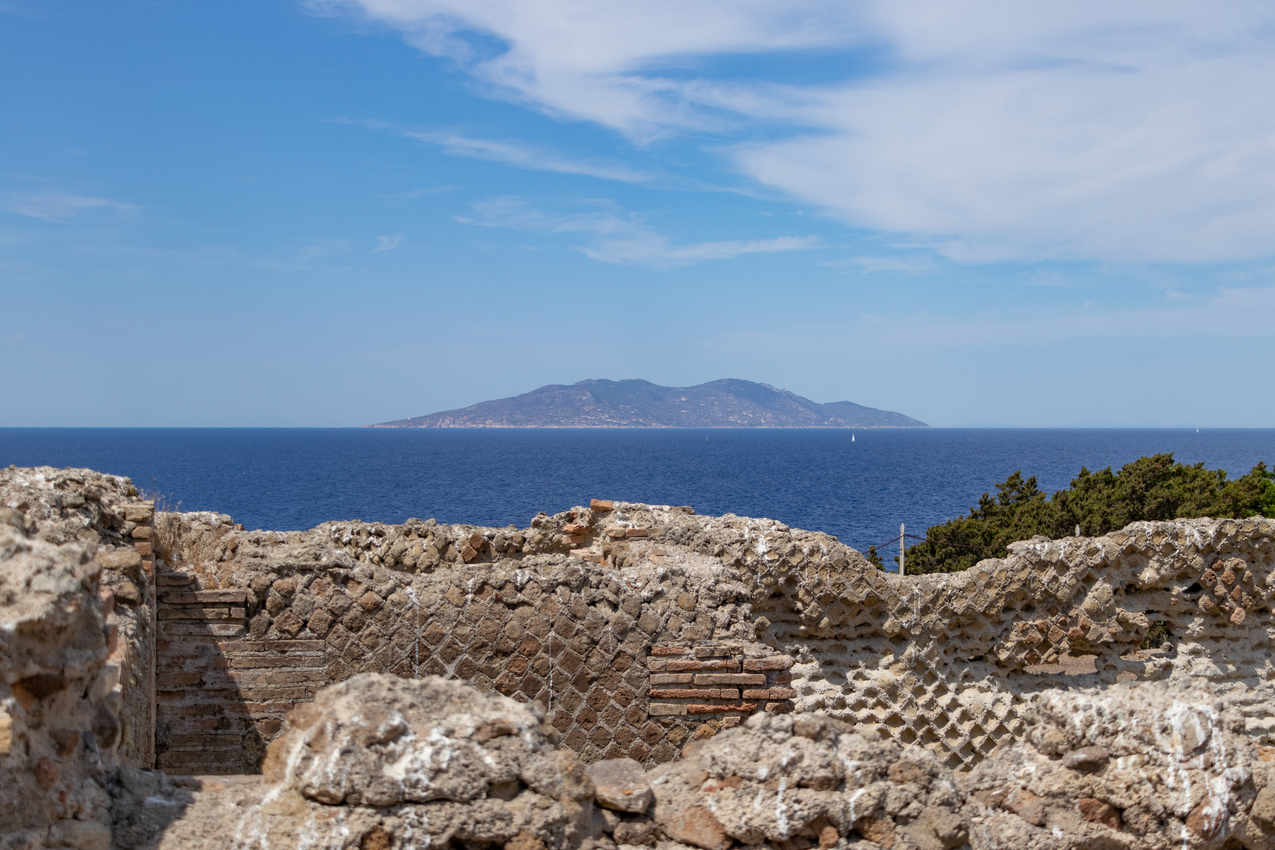
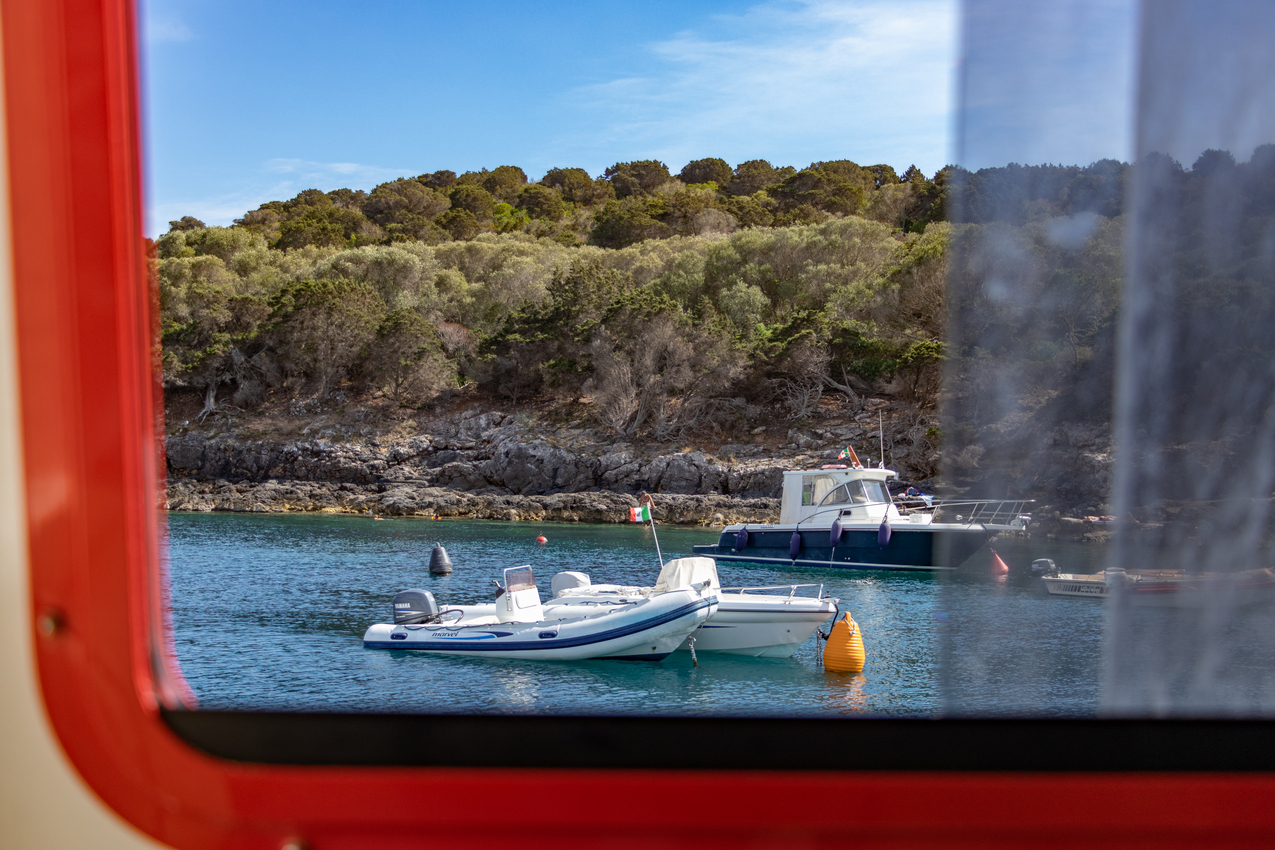
From September 5th to October 2nd, 2024, the new exhibition “ISLANDS RELOAD – Archipelago” was on display in Warsaw at the Italian Cultural Institute.
READ ALSO: Archisearch Portfolio Reviews IV | Reviewer's advices & feedback
